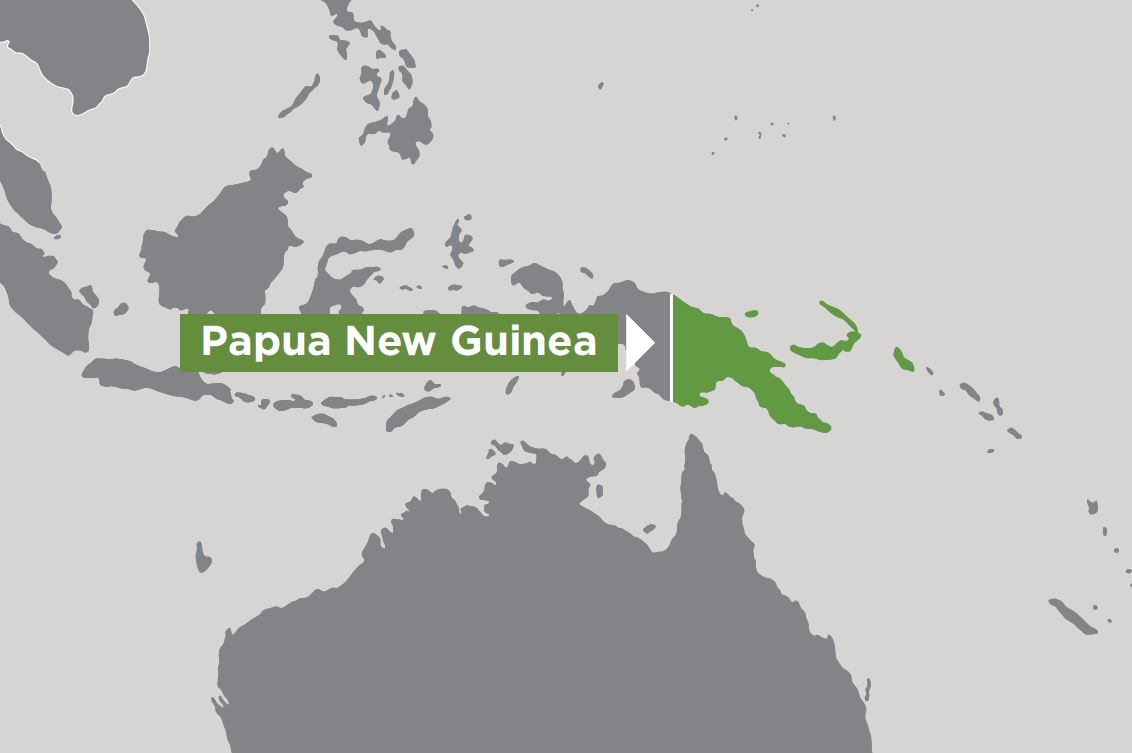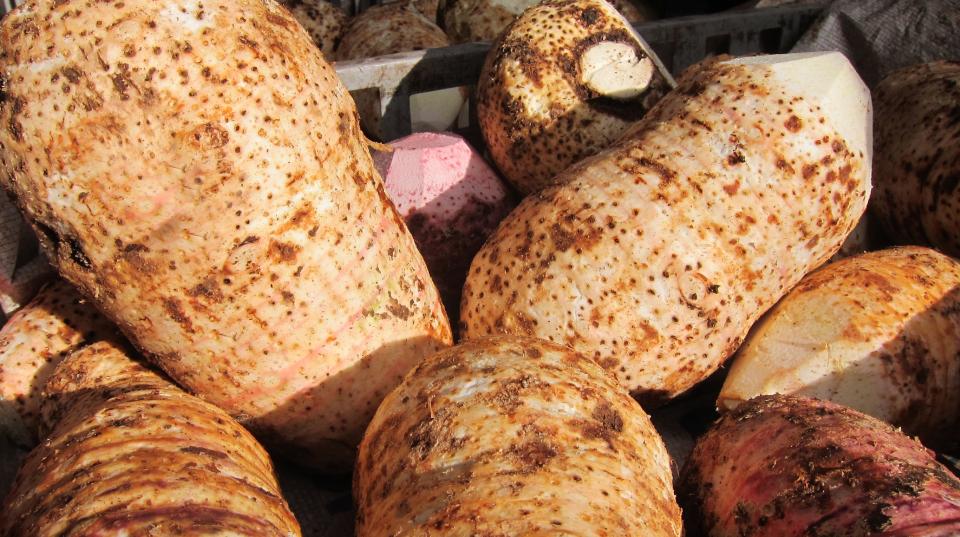Overview
To contribute to ACIAR broad aims of improving the livelihoods of smallholders and communities dependent on taro as a staple food in Papua New Guinea (PNG) and the Pacific Islands, this small project will explore novel ideas to improve the productivity and sustainability of taro production. The project aims to create taro varieties that have both the eating qualities of Dasheen taro and the drought tolerance of Eddoe taro, by developing new Dasheen x Eddoe hybrids, using novel hybridisation methods recently developed in PNG.
If successful, drought-resilient hybrids could be planted all year round in PNG and the Pacific, even during periods of low rainfall. Taro is known to be a climate-resilient species, particularly during cyclone events when complete defoliation from strong winds can destroy most above-ground crops. Annual and perennial root crops such as taro are potentially ready for immediate foraging after a tropical cyclone, even if the above-ground portion of the plant is defoliated.
The potential benefits of the new taro hybrids include climate resilience, water use efficiency, year-round cultivation, new tastes and flavours, and a broader farming range outside traditional climate boundaries.
Project activities and expected outcomes
- Characterising the drought tolerance, yield, palatability, and fertility of the new taro hybrids through direct experimentation at Papua New Guinea Unitech.
- Conducting Participatory Single Plant selection (PSPS) on smallholder farms.
Promising results would inform further investments in taro improvement and systems in PNG and the Pacific.




